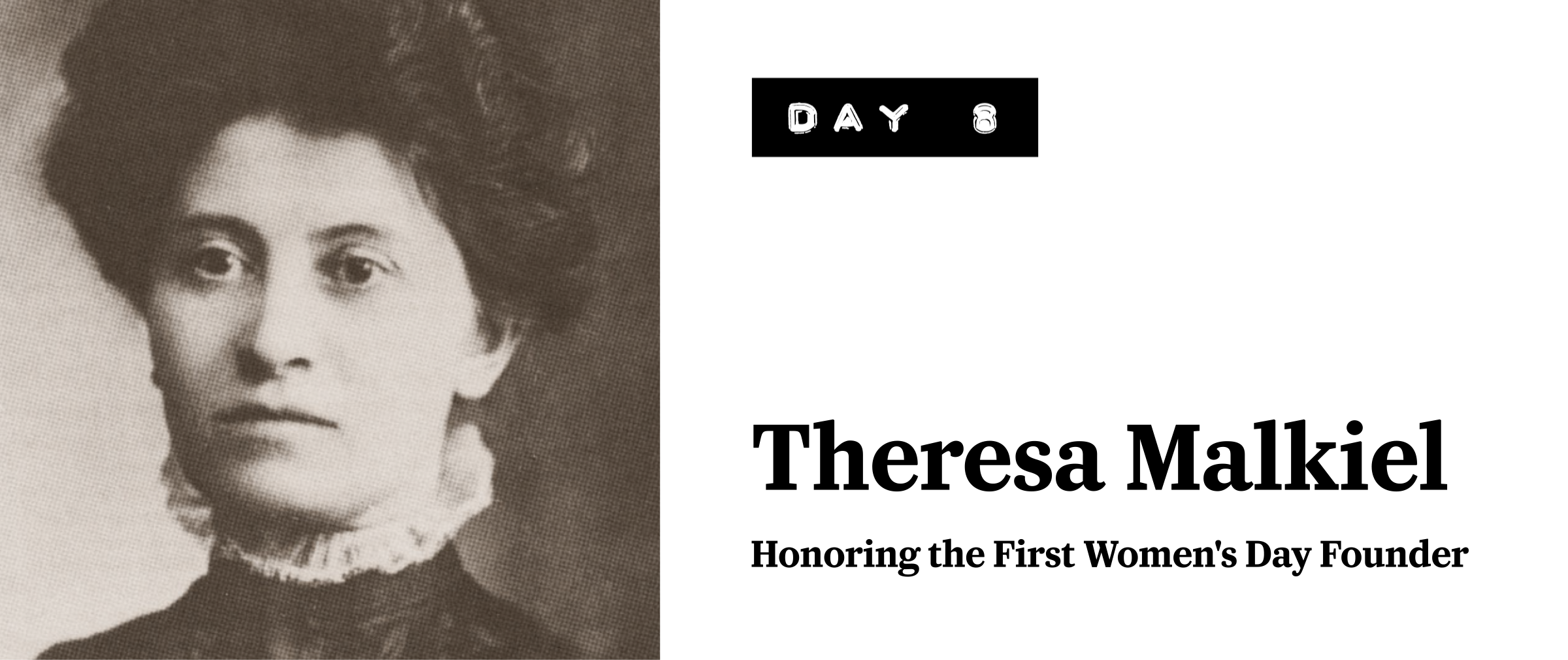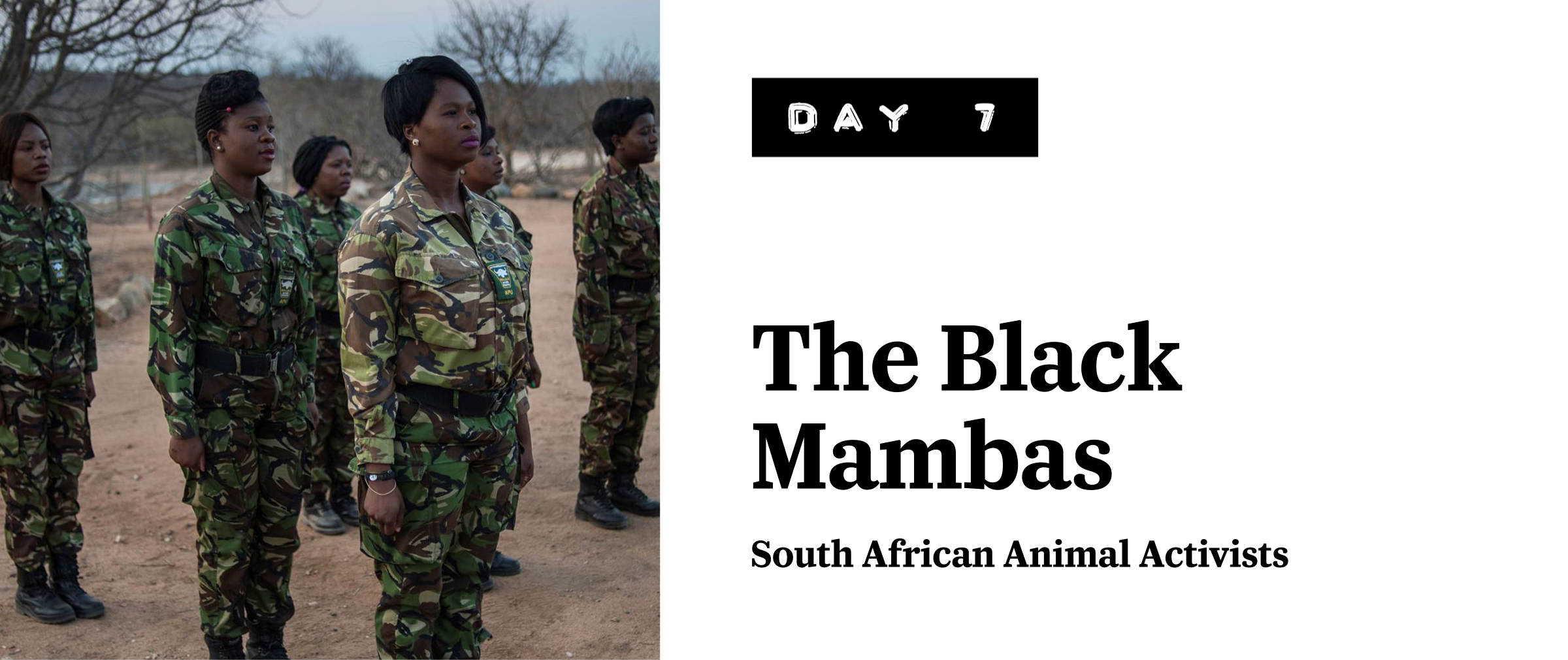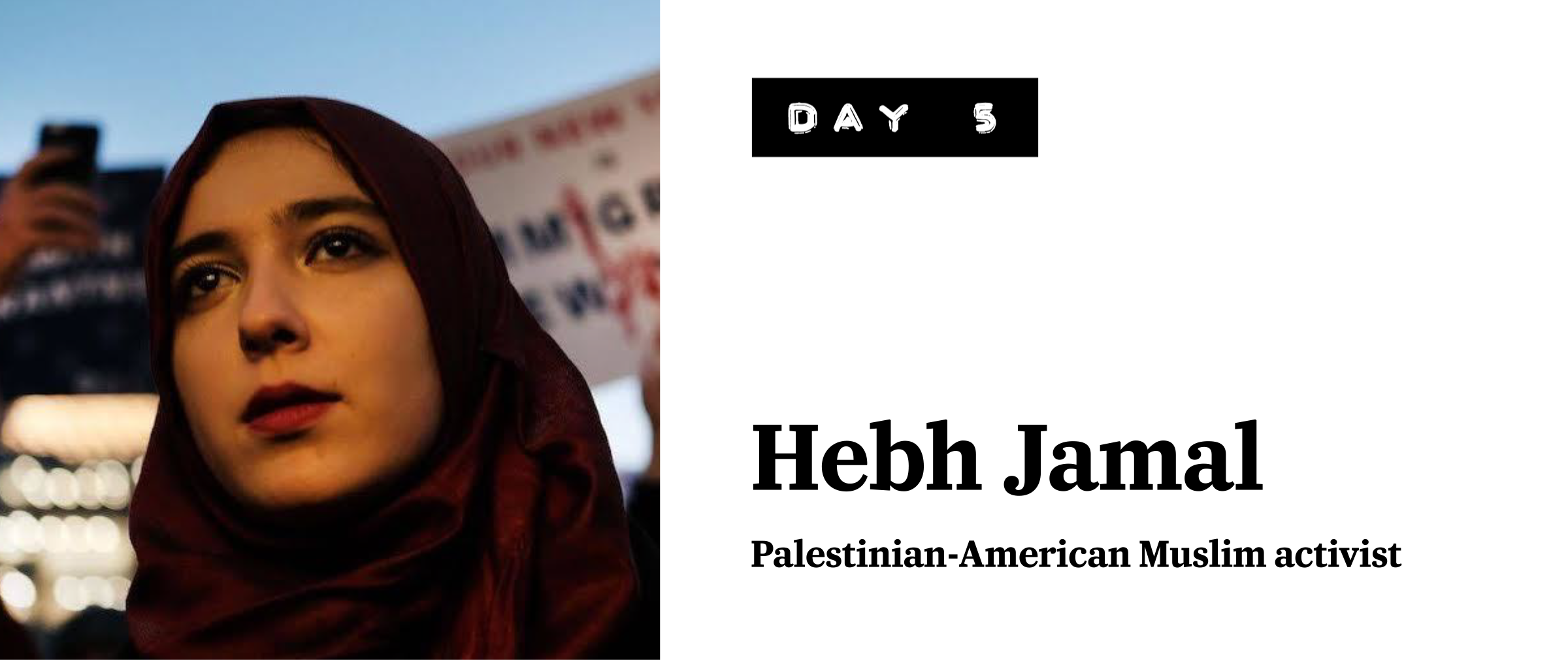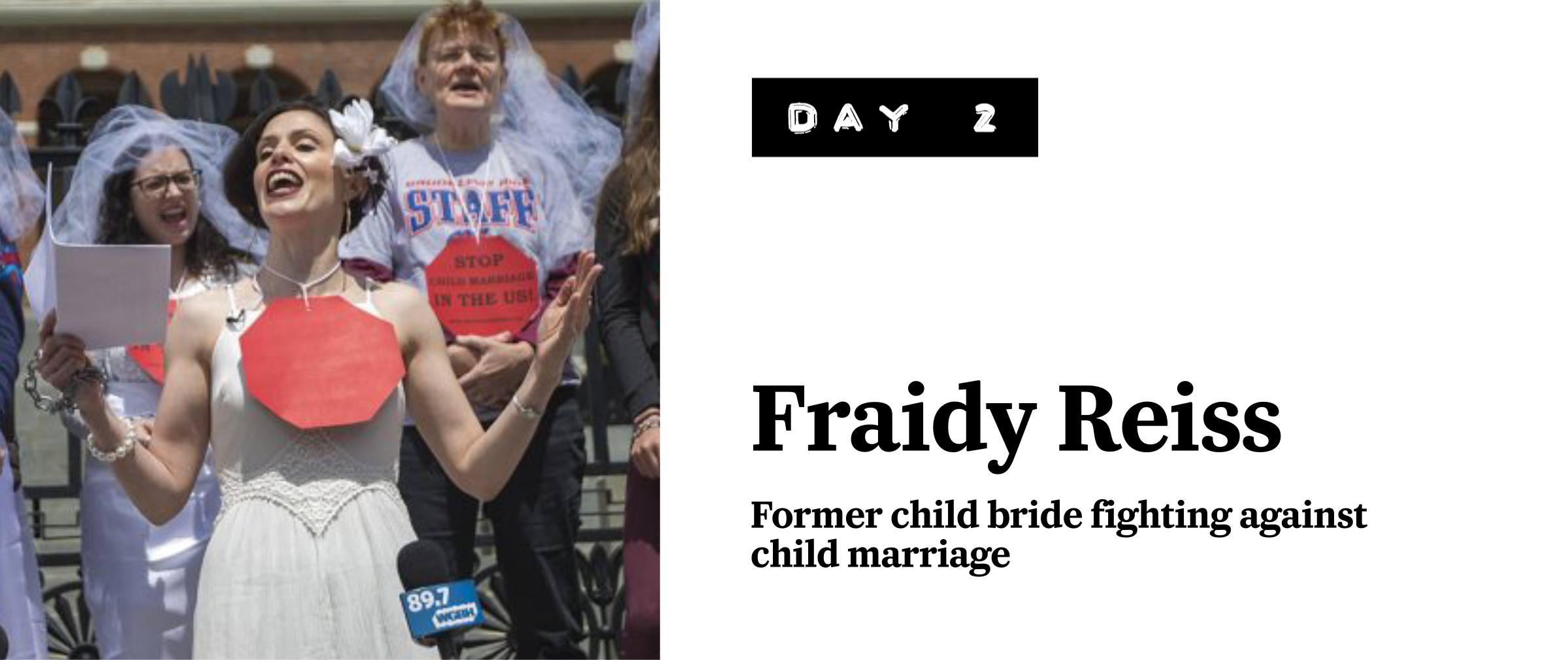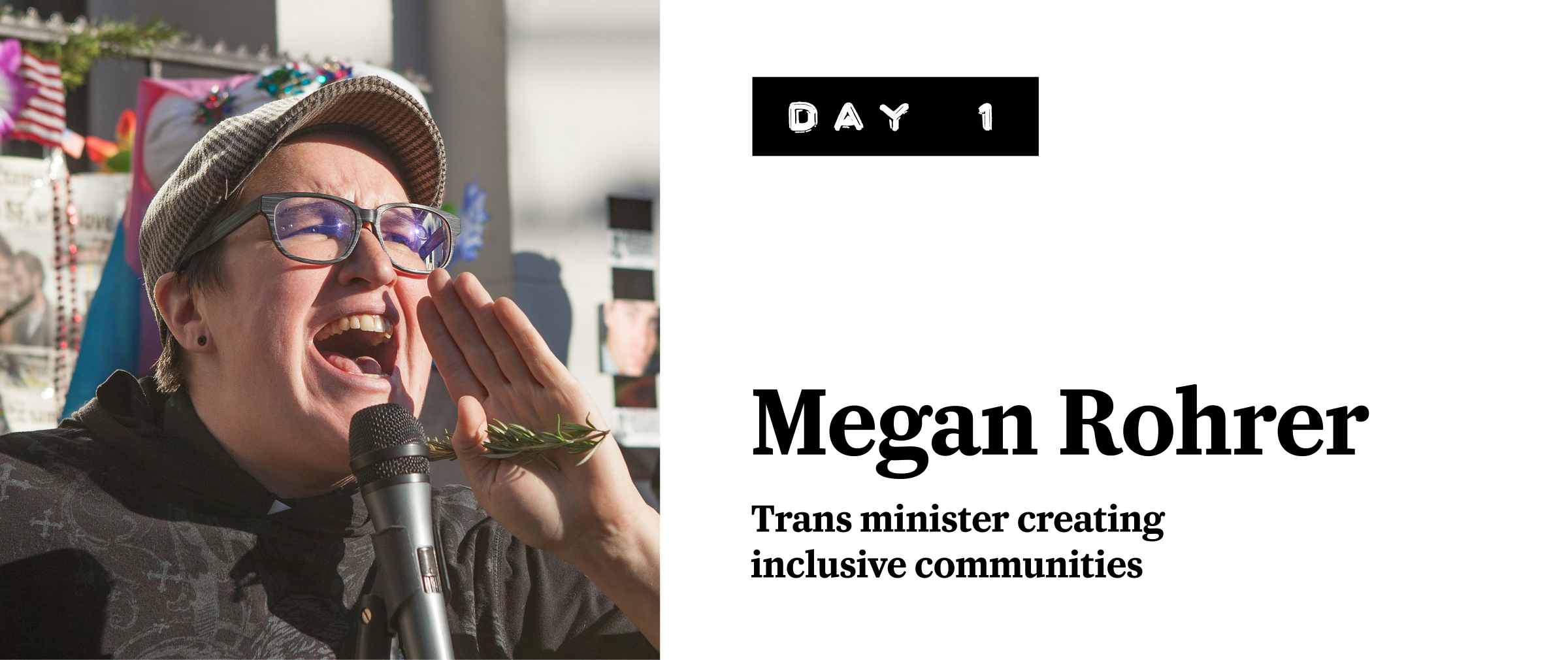Pot pioneer Peron remembered at celebration
NEWS
Published 03/15/2018
by David-Elijah Nahmod
Tony Serra, longtime attorney for Dennis Peron, was one of several speakers at Peron's memorial and celebration of life March 11 in the Castro. Photo: Rick Gerharter
| ||
Hundreds gathered in the Castro Sunday, March 11, to remember medical cannabis pioneer Dennis Peron.
Peron, 71, died of lung cancer January 27. He dedicated his life to the legalization of medical cannabis after he saw the positive effects marijuana had on the lives of people with AIDS during the 1990s.
Peron's memorial and celebration of life took place in a tent that was erected on Noe Street next to Flore cafe. In addition to hundreds of supporters and friends, Peron's husband, John Entwistle, and Jeff Peron, his brother, were in attendance. Several people said they had traveled from as far away as Florida and New York in order to be there.
"Dennis would have loved this," Entwistle told the Bay Area Reporter.
Entwistle pointed out that Flore, formerly known as Cafe Flore, was where Peron co-wrote the ballot measure that became Proposition 215 and led to the legalization of medical cannabis in California in 1996. He ate lunch at the cafe a few days before he died.
"He loved Cafe Flore," Jeff Peron said. "This is where it began and ended."
Florida resident Danny Loveland recalled rolling joints for Peron for $50 a day. "Thirty-five years later he offered me a room in his house," Loveland said. "His legacy is the positive effect he had on so many people. All the things he did for us changed society. The proudest moment of my life was walking around with Dennis."
District 8 Supervisor Jeff Sheehy, a gay man who uses medical cannabis to treat his HIV, also attended the celebration.
"The thing I most remember about Dennis is that he saved lives, countless lives," Sheehy told the B.A.R.
Peron led a varied life. In 1991 he fought for the passage of San Francisco's Proposition P, which called upon the state to allow for the use of medical cannabis – the measure received 79 percent of the vote. That same year he co-founded the San Francisco Cannabis Buyer's Club, the first medical marijuana dispensary. The club was raided by the police.
In 1996 Peron co-authored Prop 215. The proposition passed, allowing Peron's dispensary to reopen. In 1996 Peron ran for president as a member of the Grassroots Legalize Cannabis Party. In 1998 he ran for governor in the California primary as a Republican, against his nemesis, then-state Attorney General Dan Lungren.
The celebration began with Fantuzzi, a friend of Peron's who is known by a single name. "When I'm gone I hope to see a crowd like this celebrate my life," Fantuzzi, who flew in from New York, told the audience. "I can see Dennis smiling from wherever he is."
Fantuzzi then led the crowd in a Buddhist-styled chant. "Take a moment to connect with our brother and give him thanks," he said.
Sheehy talked about the importance of medicinal cannabis on the HIV/AIDS community.
"I am the first openly positive medical marijuana patient in office," he said. "I remember when apartment buildings were emptied out because everyone died. Dennis gave cannabis to his sick lover, that's where the medical cannabis movement began. His cannabis club kept hundreds of people with AIDS alive."
Jeff Peron recalled the childhood home he shared with his brother on Long Island in New York.
"We would argue about whether we should watch 'The Three Stooges' or the news," he said. "Later, he brought a lot of reefer home during visits. His legacy is compassion and compassion is not selective. He was a kind and compassionate man. He helped the homeless, he was generous."
Jeff Peron told the crowd that he did not want the event to be a memorial.
"So have a good time," he said.
Singers of the Street, a group comprised of homeless people, formerly homeless people, and homeless advocates, performed several songs, including "Over The Rainbow" and "Stand By Me."
In addition to Sheehy, several gay leaders spoke, including former Assemblyman Tom Ammiano, state Senator Scott Wiener (D-San Francisco), and mayoral candidate Mark Leno, as did many of Peron's friends. All of the speakers remembered Peron's compassion for people living with AIDS and for the homeless, and his medical cannabis advocacy.
The Reverend Megan Rohrer, a trans person who is pastor of Grace Lutheran Church, volunteered to help run the celebration.
"As a queer person I am grateful for Dennis' work during the dawn of the AIDS epidemic," Rohrer said. "His care for those experiencing the side effects of experimental medications and preventing wasting was heroic."
Others remarked that he ushered in a new way of thinking about cannabis.
"His legacy is that he changed the conversation on how people view medical marijuana," added District 5 Supervisor and mayoral candidate London Breed.
As the celebration drew to a close, people were invited to help themselves to the potted marijuana plants that were set down in front of the podium.


